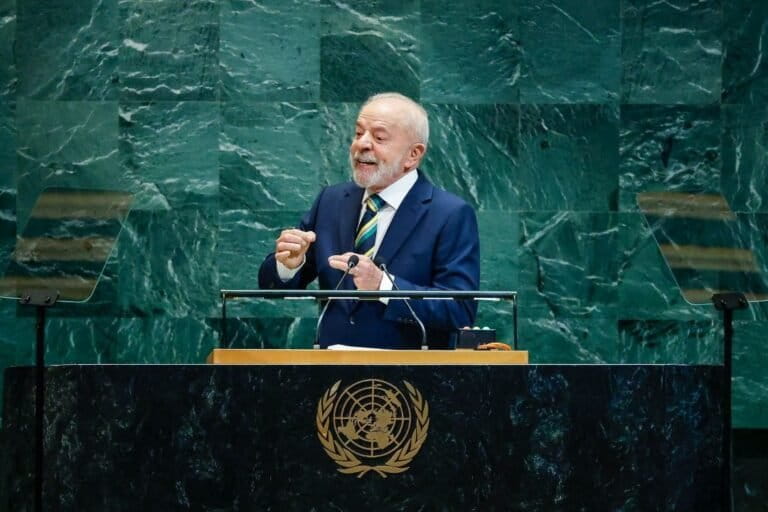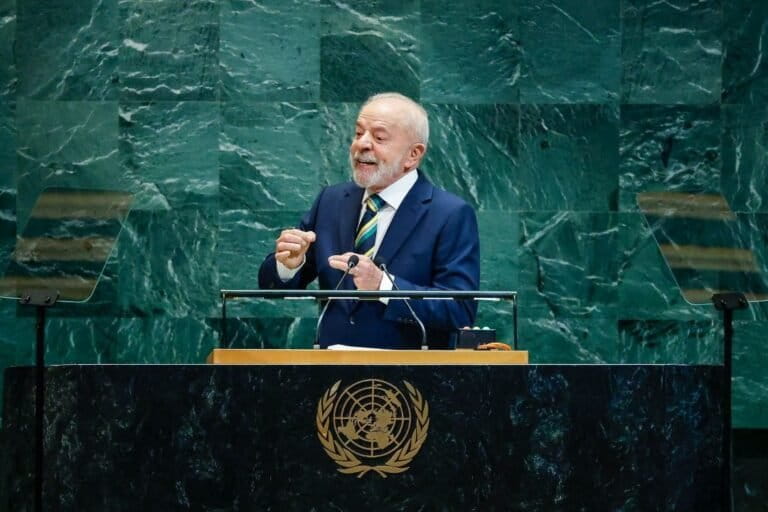Environment
Brazil leads push for novel forest finance mechanism ahead of COP30 summit

This post was originally published on this site.
Environment
Brazil leads push for novel forest finance mechanism ahead of COP30 summit

This post was originally published on this site.
Environment
Brazil leads push for novel forest finance mechanism ahead of COP30 summit

This post was originally published on this site.
Environment
Long-lost white shark tag traces remarkable journey from South Africa to SE Asia

This post was originally published on this site.
-
Politics3 days ago
European Parliament snubs Orbán with vote to shield Italian MEP from Hungarian arrest
-
Culture3 weeks ago
Life, loss, fame & family – the IFI Documentary Festival in focus
-
Health4 days ago
EU renews support for WHO’s Universal Health Coverage Partnership
-
Environment7 days ago
Key oceans treaty crosses threshold to come into force
-
Culture2 months ago
Fatal, flashy and indecent – the movies of Adrian Lyne revisited
-
Culture3 days ago
Twilight at 20: the many afterlives of Stephenie Meyer’s vampires
-
Culture1 week ago
Farewell, Sundance – how Robert Redford changed cinema forever
-
Culture3 weeks ago
What is KPop Demon Hunters, and why is everyone talking about it?









































